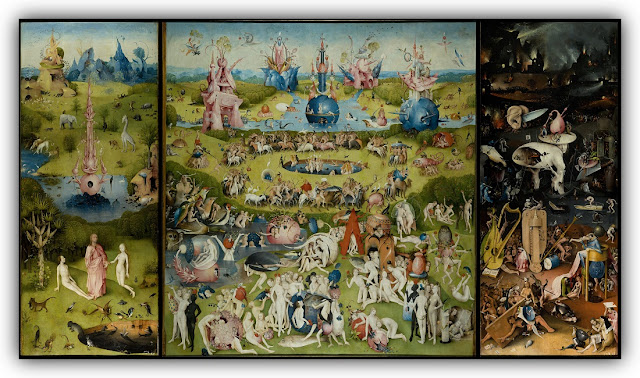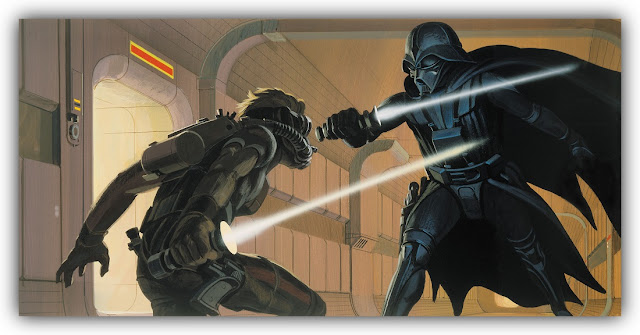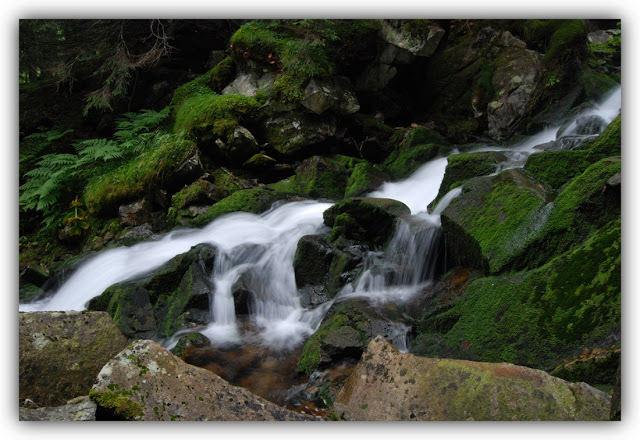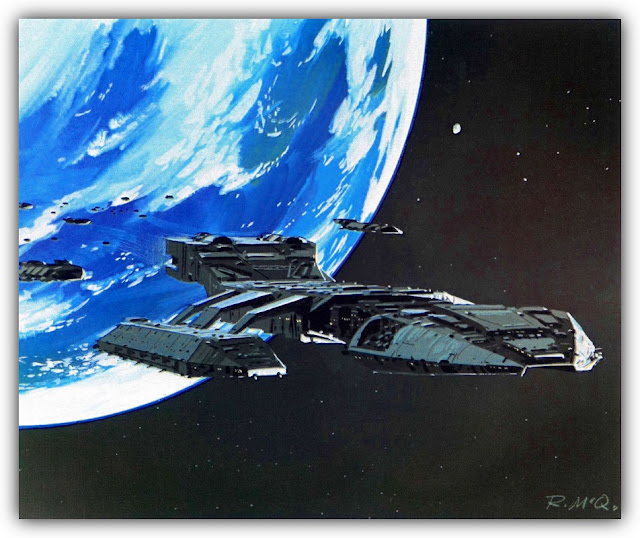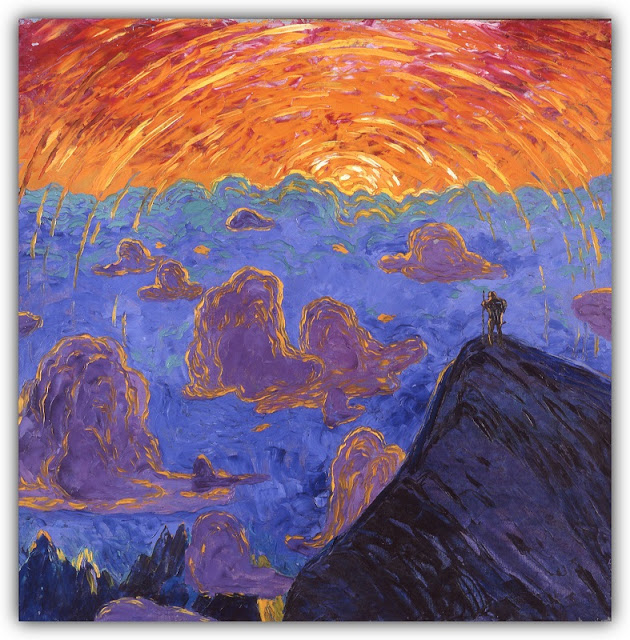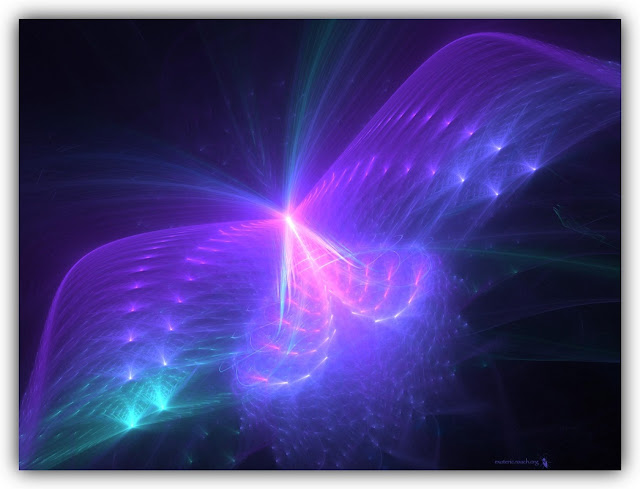Introduction
Overview
Welcome to Perístanom [/pɛˈrɪstanɔm/] 🔊, a modern Pagan mythology. Perístanom foretells of a time when mortals will become gods. As life continues to evolve into the future, increasingly complex living systems will expand beyond Earth, and other centers of origin, and slowly propagate throughout the universe. Advancing biology and technology will in time fill much of the multiverse and achieve an apotheosis, becoming omniscient, omnipotent, omnipresent, and immortal. The creatures (mortals) will have become the creators (gods), as ascendant life will ultimately fulfill its destiny, to generate the cosmos itself in a reflexive and eternal cycle of rebirth. (The assertions about physical reality found herein may seem incredible, yet they are nevertheless consonant with current scientific understanding.)
Perístanom affirms that such a collective of gods truly exists (polytheism), that these divine beings communicate with us in our dreams and visions (revelation), that they will eventually assume physical form (incarnation), and that they will in the distant future offer to regenerate, from each individual’s pattern (soul), every sentient mortal creature to have ever lived. The gods will raise all of us who are willing, from death into immortal life (resurrection). The host of goddesses and gods worshiped within Perístanom is called Déiwos [/ˈdɛɪwos/] 🔊 (‘the deities’, or pantheon), a Modern Indo-European word based upon the ancient, reconstructed, Proto-Indo-European term *deywós. It represents an attempt to recover, from the depths of prehistory, humanity’s oldest recognizable word for ‘god’.
Perístanom encourages respect and reverence for all of Earth’s creatures, however humble, in all of our vital diversity. It recognizes the fundamental unity and integrity of all existence (monism). It perceives that every physical entity possesses, either figuratively or literally, a spiritual essence (animism), and regards consciousness as a primordial feature of all life (panpsychism). It asserts that the final state of the multiverse shapes its evolution (teleology), and that the divine pervades and transcends the cosmos (panentheism).
Meaning simply ‘the religion’ in the ritual language of Modern Indo-European, Perístanom embraces all spiritual traditions of the world (interfaith), while it draws particular inspiration from three essential sources:
1. The indigenous Indo-European mythologies—including the broadest range of deities, rituals, and mythic stories—all descended from a Proto-Indo-European mythology flourishing six millennia ago on Asia’s Pontic-Caspian steppe.
2. The analytical psychology of Carl Jung, describing a shared psychic anatomy of symbols (archetypes)—a collective unconscious—common to all human beings, around the world and throughout history.
3. The Omega Point of Pierre Teilhard de Chardin, a metaphysical model proposing that the universe is guided by a personal God through blind evolutionary processes to ever greater states of complexity and consciousness into the remote future, being drawn forward and finally joining with the creator.
By syncretizing these three disparate elements, a unique theology emerges that is at once both ancient and futuristic, both traditional and transcendental.
Perístanom exemplifies both religious naturalism and spiritual naturalism, proposing naturalistic explanations to support traditionally supernatural beliefs. It endeavors to be a religion compatible with science, a metaphysics in accord with physics. It provides a rational basis for faith without invoking any hidden plane of existence. Perístanom strives to be congruous with contemporary research, yet not unduly limited by it. In our pursuit of sacred knowledge, rationalism and empiricism are embraced, while skepticism need not be. Indeed, because metaphysical belief is evidently natural and healthy for the human animal, positivism and falsifiability are relegated solely to the laboratory. The multiverse is globally deterministic, however, and therefore superstition is rightly repudiated.
In keeping with its primeval origins and progressive aspirations, Perístanom promotes democracy, equality, community, interdependence, pluralism, diversity, sustainability, and the universal spirituality of humankind—as well as the five simple values of life, truth, love, peace, and faith. A follower of Perístanom is known as Soqjá [/sɔkwˈja/] 🔊 (feminine), Soqjós [/sɔkwˈjɔs/] 🔊 (masculine), Soqjóm [/sɔkwˈjɔm/] 🔊 (neuter), or Soqjx́ [/sɔkwˈjɛks/] 🔊 (gender-neutral). The word soqjós means ‘the comrade’, ‘the ally’, ‘the associate’, or ‘the companion’.
Perístanom adopts the reconstructed language of the Proto-Indo-Europeans of the prehistoric past, applies that language (wherever possible) to the key archetypal symbols of modern depth psychology, and in turn applies those symbols to the speculative cosmology of the far future. The resulting revolutionary credo offers a spiritual path that may help to foster reassurance, solace, and solidarity during challenging times.
Quotations
“Shermer’s Last Law (a modification of Clarke’s Third Law): Any sufficiently advanced . . . intelligence is indistinguishable from God.”
“I don’t see any conflict between science and religion. Religion has to accept the science of the day and penetrate it to the mystery. The conflict is between the science of 2000 BC and the science of 2000 AD.”
—Joseph Campbell, from The Hero’s Journey, (Joseph Campbell, New World Library, 1990, p. 43)
“It seems as though something much greater than us is trying to come into being, trying to grow toward perfection. Something greater than us, but also something of which we are part. Perhaps this ‘something’ is God.”
—Andrew Bard Schmookler, from ‘The Strength of Weakness’, in Out of Weakness: Healing the Wounds that Drive Us to War, (Andrew Bard Schmookler, Bantam Books, 1988, pp. 84–85)
“As nearly as I can concentrate on the question today, I believe I am God; certainly you are; I think we intelligent beings on this planet are all a piece of God, are becoming God. In some sort of cyclical non-time thing we have to become God, so that we can end up creating ourselves, so that we can be in the first place.”
—Gene Roddenberry, from ‘God & Roddenberry’, in God &, (Terrance A. Sweeney, Winston Press, 1985, p. 11)
“Perhaps our role on this planet is not to worship God—but to create Him.
“And then our work will be done. It will be time to play.”
—Arthur C. Clarke, from ‘The Mind of the Machine’, in Report on Planet Three and Other Speculations, (Arthur Charles Clarke, Harper & Row, 1972, p. 137)
“Thirst proves the certain existence of water.” („Der Durst beweist die sichere Existenz von Wasser.“)
—Franz Werfel, from Embezzled Heaven, (Franz Werfel, trans. Moray Firth, Viking Press, 1940, p. 426, Der veruntreute Himmel, 1939)
“As man now is, God once was; as God now is, man may be.”
—Lorenzo Snow, from ‘Unchangeable Love of God’, (18 September 1898), quoted in ‘I Have a Question: Is President Lorenzo Snow’s oft-repeated statement . . . accepted as official doctrine by the Church?’, in Ensign, Vol. 12, No. 2, (Gerald N. Lund, The Church of Jesus Christ of Latter-Day Saints, February 1982)
“Of gaps was the spirit of these redeemers made up; but into every gap they put their delusion, their stopgap, which they called God.” („Aus Lücken bestand der Geist dieser Erlöser; aber in jede Lücke hatten sie ihren Wahn gestellt, ihren Lückenbüßer, den sie Gott nannten.“)
—Friedrich Nietzsche, from Thus Spoke Zarathustra, (Friedrich Nietzsche, trans. Walter Kaufmann, Penguin Books, 1978, p. 92, Also Sprach Zarathustra, 1883)
“Nothing is too wonderful to be true, if it be consistent with the laws of nature. . . .”
—Michael Faraday, from laboratory journal entry number 10,040, (19 March 1849); published in The Life and Letters of Faraday, Vol. II, (Ed. Henry Bence Jones, Spottiswoode & Co., 1870, p. 253)
“If God did not exist, it would be necessary to invent him.” (« Si Dieu n'existait pas, il faudrait l'inventer. »)
—Voltaire (François-Marie Arouet), from Épître à l’Auteur du Livre des Trois Imposteurs, (1770, Œuvres complètes de Voltaire, Tome 10, Garnier Frères, 1877, p. 403)
“I will be what I will be.” (”.אֶהְיֶה אֲשֶׁר אֶהְיֶה”, ”ʾehyeh ʾašer ʾehyeh.”)







